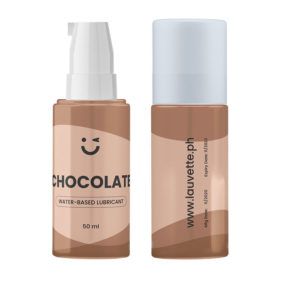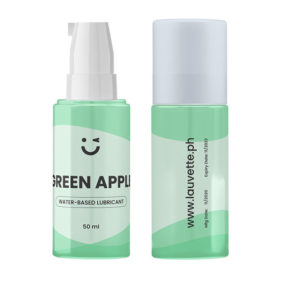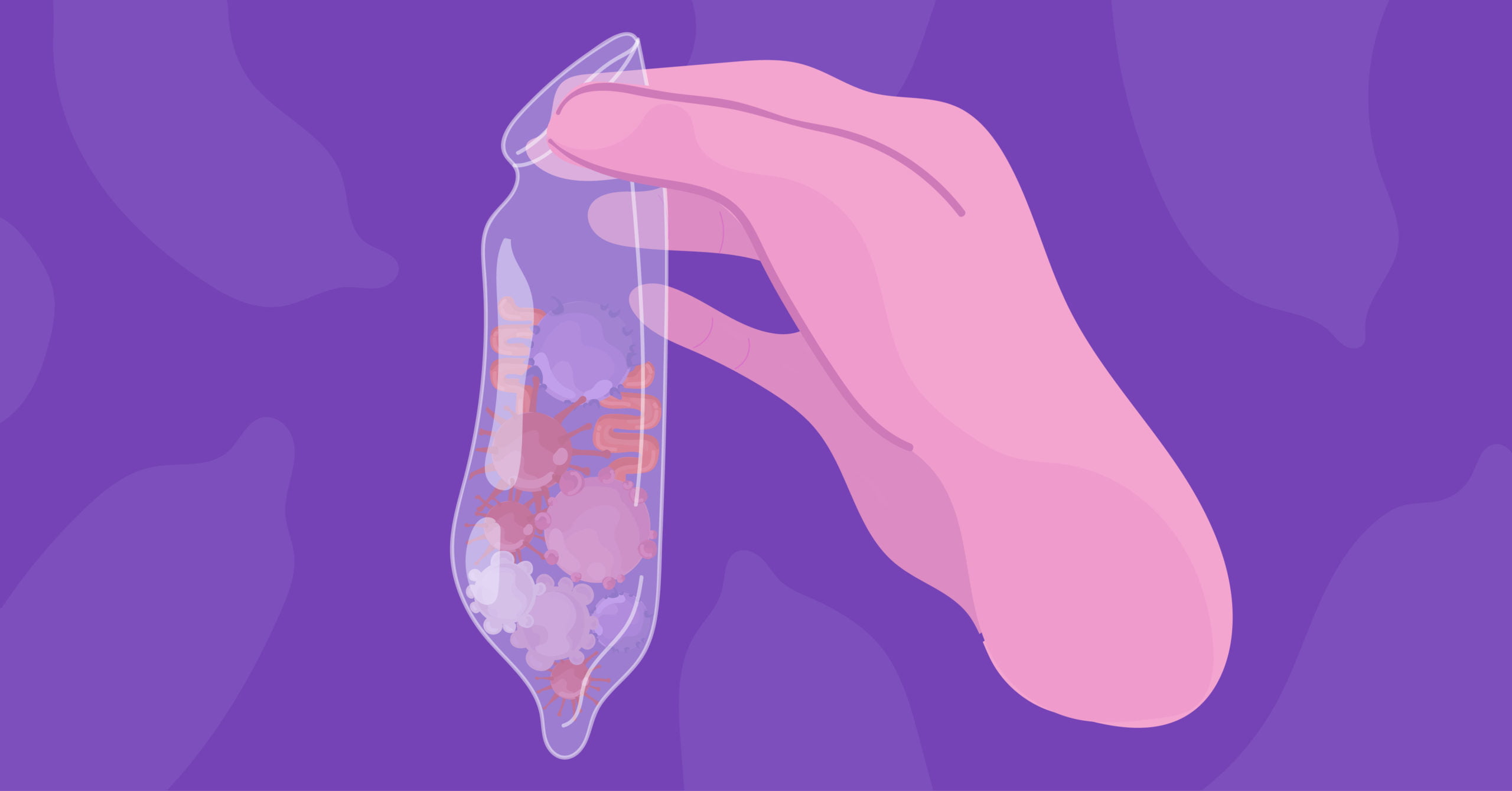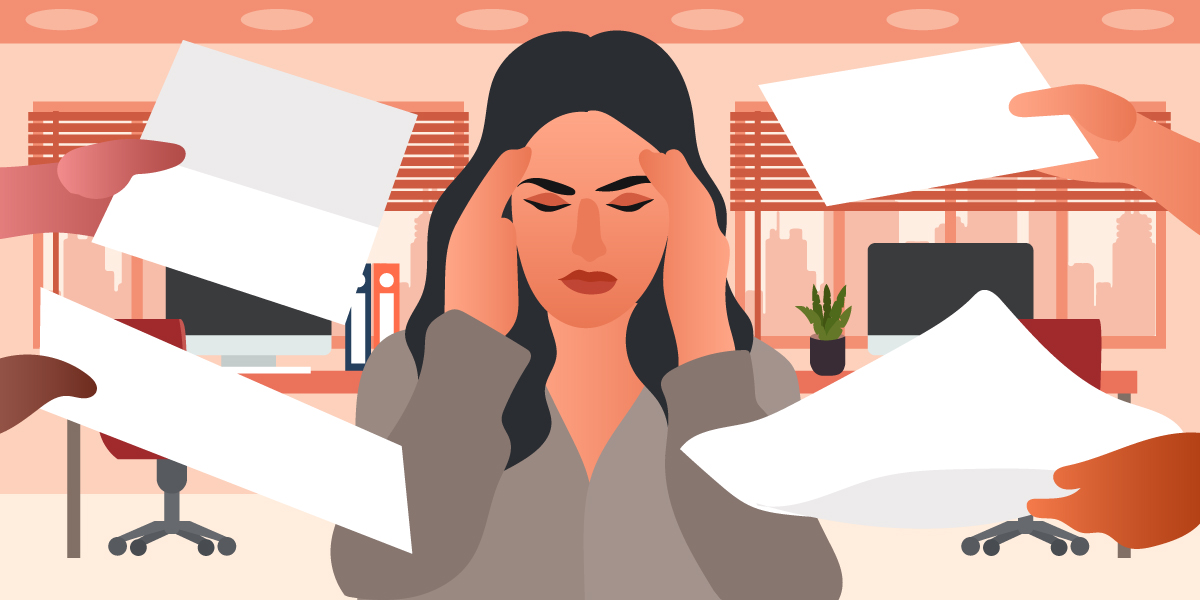
In a world that still glamorizes overworking, the stages of burnout exist. This and figuring out the differences between stress vs. burnout.
Keep learning more about these stages, stress vs. burnout, and many more helpful information through this guide down below.
What is Burnout?
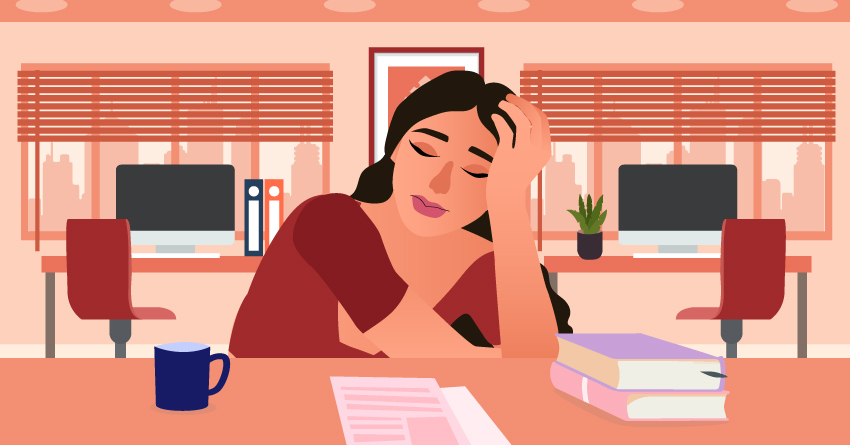
The World Health Organization (WHO) defined burnout as a “syndrome conceptualized as resulting from chronic workplace stress that has not been successfully managed.”
Furthermore, they designated 3 aspects: exhaustion, harboring negative emotions related to their job, and lesser professional efficacy. This term is also referred to as an occupational phenomenon. In other words, anything related to the workplace that evokes negative emotions, like dysfunction or stress, can potentially lead to burnout if left unaddressed for too long.
Stress Vs. Burnout: What’s the Difference?
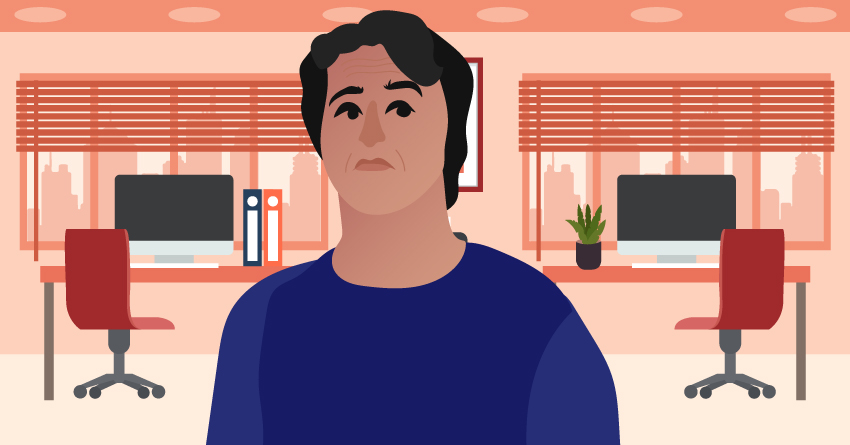
Oh yes, these stress vs. burnout are very different from each other.
Stress is when you have so much on your plate that it brings in so much pressure and overwhelms your life. And to think you have finite time and energy. As a result, you may either keep pushing with no end or completely freeze from the overwhelm and not do anything, which further irritates you later on.
Burnout, on the other hand, is having little in you. Little motivation, care, energy, you just feel so drained and depleted after experiencing overall fatigue for so long. Consequently, it can affect your work ethic through missing deadlines, poor social skills with your colleagues (especially when group projects are involved), and having little to no productivity. Moreover, burnout may or may not impact your life outside of work. It’s a case-by-case scenario.
Stages of Burnout
Two psychologists, Gail North and Herbert Freudenberger, conceptualized this series of burnout stages. Moreover, this list provides a clearer idea of how burnout comes to be and where you may potentially be in your career.
Keep reading this informative section for more info on those 12 stages.
1 Strong Urge and Need to Prove Yourself
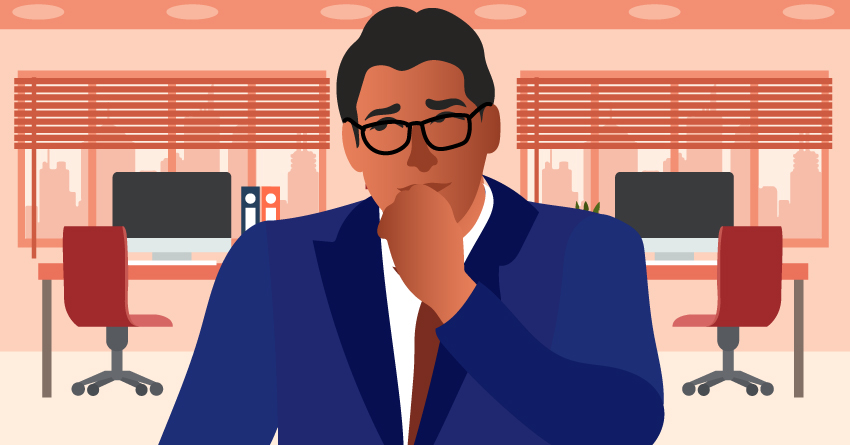
Embodying traits related to perfectionism or self-doubt? Well, that’s already an early sign of burnout. Even more so if you have negative self-talk, you tend to take on so many tasks that your work is more valuable than your personal time. Plus, you’re driven by the fear of failure and not fulfilling the company’s and yourself’s standards.
2 Being a Workaholic

Oh, now this is a real problem. Being a workaholic as a stage of burnout entails pushing forward to fulfill deadlines and make progress on ongoing projects despite and regardless of the fatigue that has already kicked in your body. They’d also feel guilty or worthless if they’re doing anything related to leisure or resting, more eager to work and hustle non-stop.
3 Self-Neglect
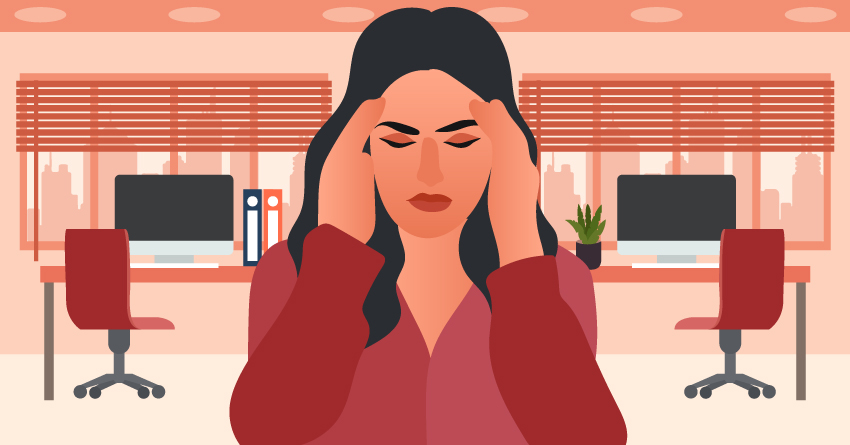
When you’re so taken aback by work, you push aside your self-care and needs. You may not even have a social life, which affects your relationships with other people. And most of all, you make yourself prone to detrimental health illnesses and conditions in the long run. From chronic illnesses, heart disease, hypertension, depression, anxiety to insomnia, the list goes on what may happen to you if you continue going on this route to burnout.
4 Conflicts with Other People
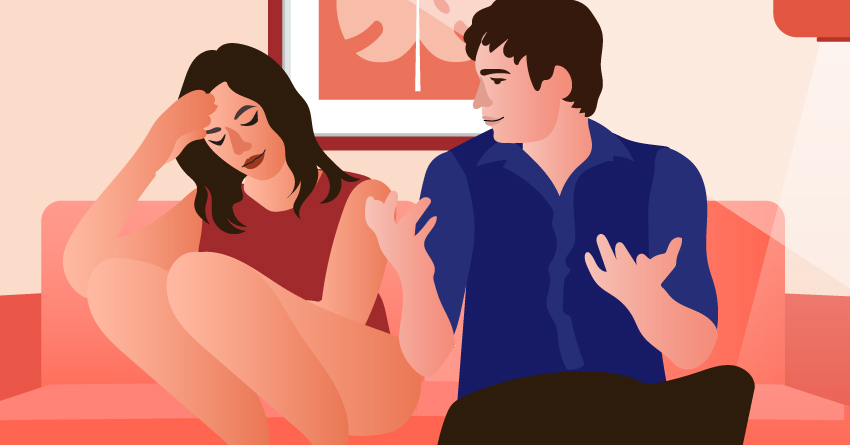
As mentioned earlier, burnout can create rifts in your current relationships. That’s because at this burnout stage, you’ve become more moody, intolerant and jittery around them. You may even feel threatened over the slightest and most unintentional things. It won’t be a surprise if you lash out often as a defensive mechanism, constantly on edge and blaming it on other people rather than the accumulated stress at work.
Moreover, it may be difficult to have social interactions with anyone. Since we’re social beings, lacking social life can impact how we function daily, not just at work.
5 Reassessing Your Values
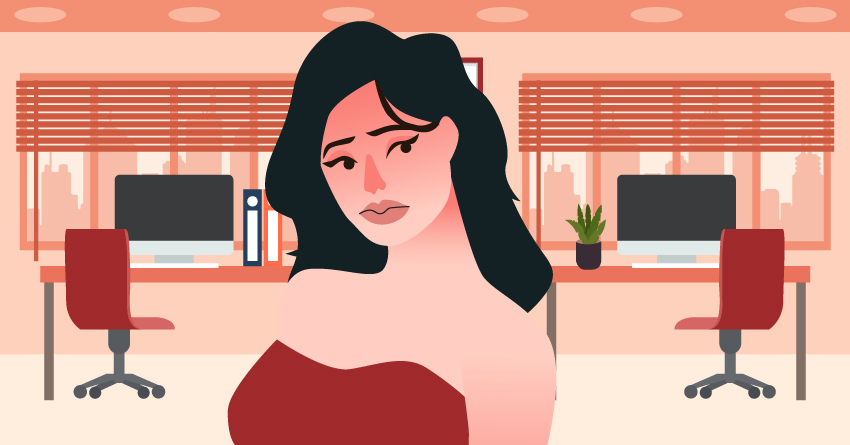
Your values and beliefs start to shift during this burnout stage, and not in a good way. You may evaluate on whether or not they’re in line with your career goals. At this point, work is everything to you. It’s not a surprise if you put your family, friends, hobbies, and even self-care activities on the backburner.
6 Denial
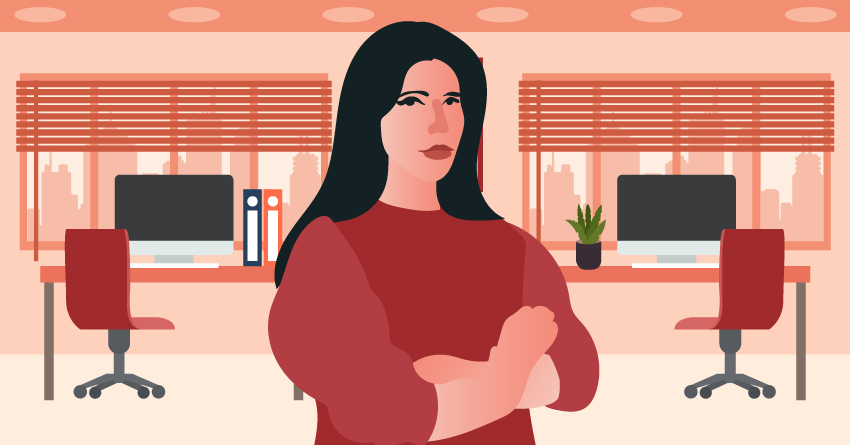
Any problem that comes up? Not real. In this stage of burnout, you deny the heck out of it. You’d even attack your colleagues and higher-ups, seeing them as incompetent or weak. You also have the urgency to get more work done, feeling more pressured. And mind you, you already have limited social interactions and garnered lots of self-doubt at this point.
7 Withdrawal
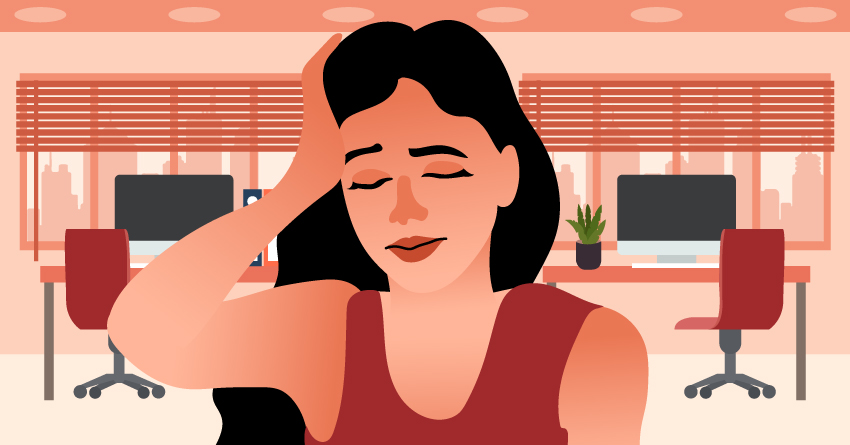
From all the stress that work can give you, you feel disconnected from everything else around you. You’ll even isolate yourself from those who matter to you, even feeling relieved if your plans don’t push through. However, the more you isolate yoursel from social interactions and gather, the more prone you are to getting sick, having more mental problems, and succumbing to substances.
8 Alarming Behavioral Changes
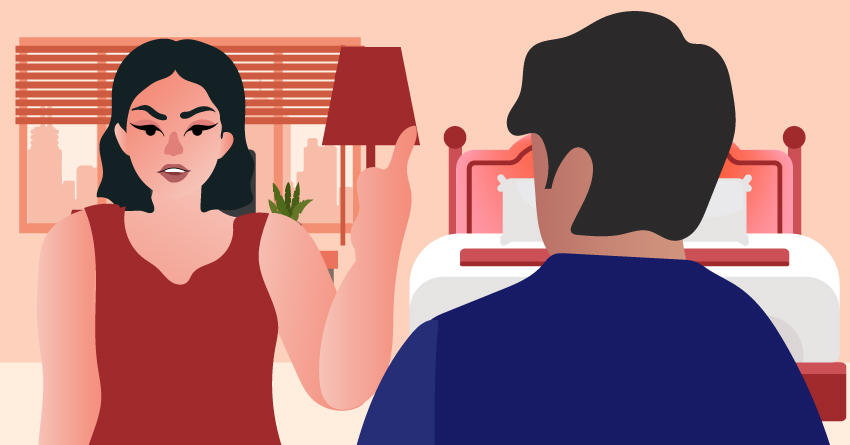
This stage of burnout is outward, wherein your loved ones will start noticing unexpected traits that raise concern in them. Such alarming behavioral changes may look like: anxiety, acting out of character, choosing to isolate themselves from them, and more.
On your end, you may feel emotionally numb and choose to not do anything with your life. Taking on other tasks is too much, so you don’t do a thing about them when they get assigned to you. In turn, that can affect your overall performance from where you started to now.
9 Depersonalization
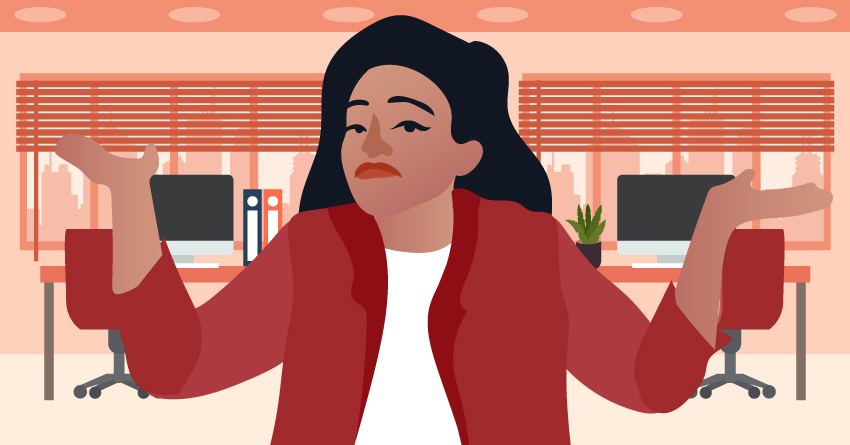
You only see yourself as a worker, only getting things done constantly. That’s where you value lies. Anything outside of it holds no meaning for you, starting to feel hopeless about the world. Moreover, you lack awareness towards your thoughts and emotions.
10 Feeling Emptiness

During this stage of burnout, you simply have nothing in your cup. You feel like an empty shell devoid of all life. More exhaustion and despair may creep in as a result of not feeling any sense of fulfillment anywhere.
11 Despair/Depression
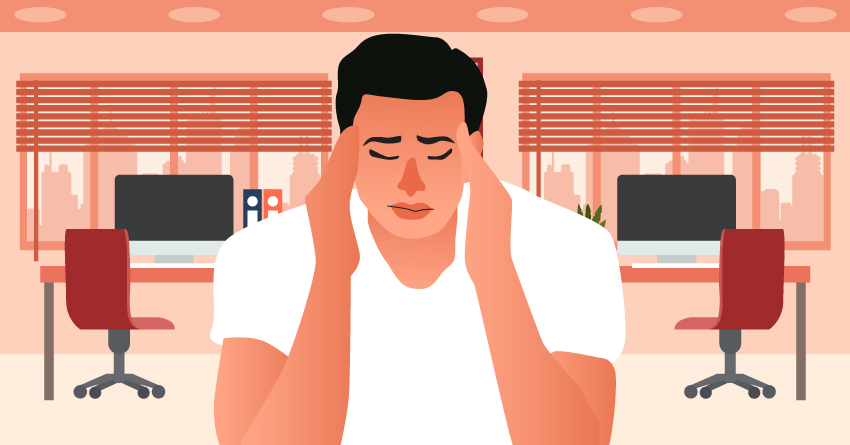
Living in the present is a burden for you, and you may hate yourself for all the choices that brought you there. Even just getting out of bed is a huge struggle for you. The future for you is unclear and daunting to think about, wherein some people would develop suicidal thoughts.
12 Complete Burnout Syndrome

This final stage of burnout has brought full-on collapse towards both your physical and mental health. You’re easily exhausted and also numb towards your external surroundings. At this point, professional care is needed.
Signs of Burnout
Burnout can manifest in numerous ways. We compiled such into different section as follows down below.
1 Physical

- Constant fatigue or low energy
- Frequent headaches or muscle pain
- Changes in appetite
- Sleep-related issues (insomnia, interrupted sleep, oversleeping)
- Weakened immune system (getting more prone to illnesses)
2 Mental
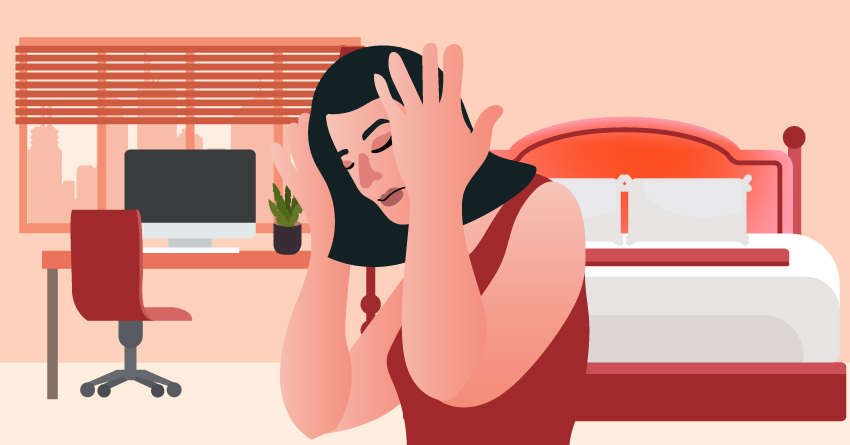
- Lack of focus and concentration on anything
- Overall forgetfulness
- Persistent self-doubt or feeling incompetent
- Reduced performance and productivity
- Increased irritability or frustration
3 Emotional

- Feeling detached, helpless, or defeated
- Increased feelings of cynicism or negativity
- Emotional numbness or blunted affect
- Loss of motivation or enthusiasm
- Decreased satisfaction or sense of accomplishment
4 Behavioral

- Giving into vices irresponsibly
- Withdrawing from responsibilities
- Isolating yourself from others
- Lack of interest towards hobbies
- Procrastinating or taking longer to get things done
- Irregular appearances at work (arriving late, leaving early or late)
5 Work-Related
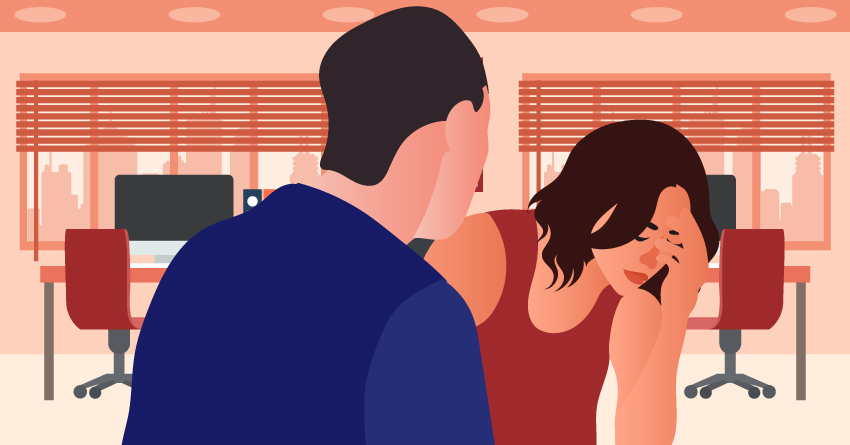
- Disconnection from your work or values
- Feeling like you’re constantly under pressure
- Lack of control or support in your job
- Not feeling recognized or appreciated
- Having frequent arguments or tensions with colleagues.
How to Prevent or Bounce Back From Burnout
Follow these handy tips, whether you’re experiencing burnout or already taking this guide as a means of prevention over here. You can also refer to it when you’re getting stressed, and well, we wouldn’t want you to deal with the whole stress vs. burnout debacle.
1 Be aware of it.

If you’re not experiencing burnout but you can sense your workload taking a toll on you, be attentive to it. That’s the first step to prevention, saving yourself all the physical and mental challenges you may face. But if you are burnt out, knowing that it exists and affects you alerts you take immediate action to solve it. The quicker you know and accept, the quicker for you to find and try out various solutions.
2 Take a step back.

There are many ways this tip can look like when navigating through burnout to eventually bounce back from it. One can be talking with your supervisor about making changes into your work routine, making it more manageable and doable. To follow that up, you may request a leave or leaves if possible to simply take a huge breather from everything. It’s an opportunity to reassess your life and recall what life was like before that job and burnout that came after. Make it a vacation even to simply be and get enough rest.
3 Set boundaries.

This tip can come up during your break or a momentary step back from your job. It’s quite possible that during the span of your job, you just accept more and more tasks to show what you’re capable of. But over time, it only piled up and accepting more tasks may have come naturally.
But not anymore! One boundary you can set is learning to say no to new tasks when your task pile is still full. And it doesn’t matter if you like what this new project entails; don’t risk your overall health here.
More work-related boundaries you can consider include:
- Leaving the workplace or timing out once 5 pm hits
- No more emails and replies sent out after 5 pm
- No bringing work during lunch or no working lunches
4 Start building a work-life balance.
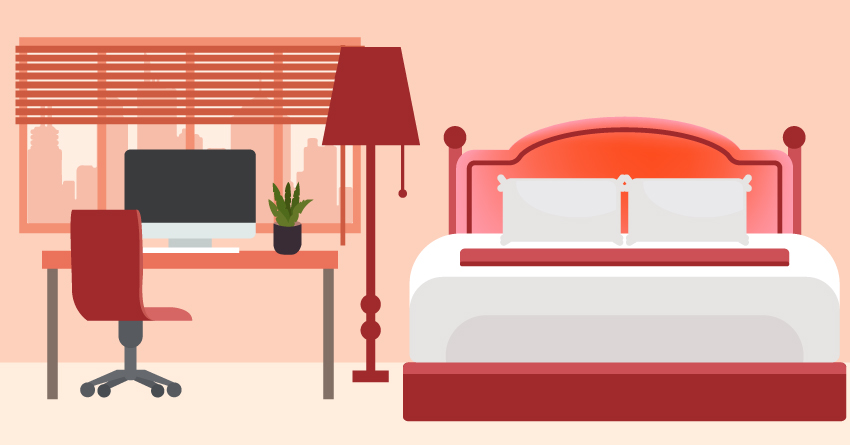
Once you know your boundaries, you’ll have a clearer mind on distinguishing your work-life balance is. It’s something you practice everyday to master it and equally care for each side of you. Work-life balance can look like taking breaks within your work day or even schedule them in so you’re more likely to follow them.
It can also look like staying off your phone to go for a walk outside or drink some water or getting off at work on time everyday. You may even want to set non-work plans in the evening so you have the urgency to show up to them, just like with your work meetings.
5 Explore calming activities.

This tip helps regulate your nervous system and bring back balance into your life when things get chaotic.
Outlets you can explore include:
- Venturing your creativity (Journaling, drawing, or playing music)
- Surrounding yourself in nature
- Practicing mindfulness and meditation
- Doing gentle movement
- Going on a digital detox
6 Take your time.

Facing and easing your way out of burnout, no matter what the stage, is no easy feat. Hence, you must give yourself grace and patience when things get challenging and push through. At the same time, this is your chance to set firm boundaries related to your work and prioritize rest even more. That’s your best chance of a good recovery in the long run.
Moreover, breaking down your work tasks into smaller steps lessens your chances of overwhelm. Such a tip can also take you away from wondering whether you’re dealing with stress vs. burnout.
7 Consult with a professional.
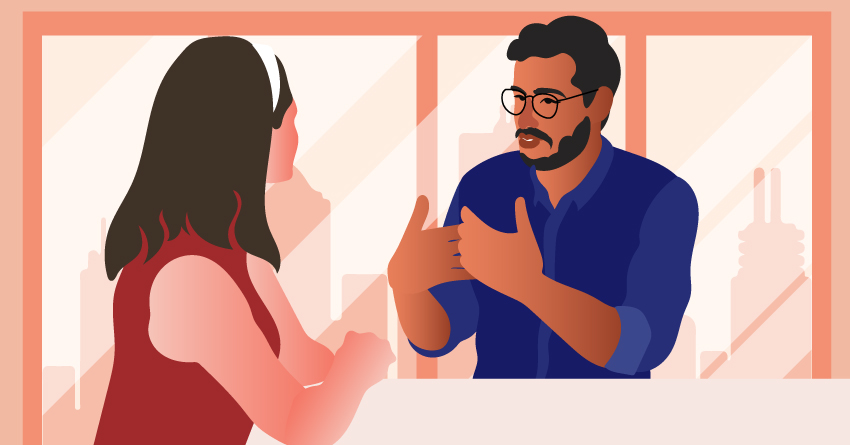
Burnout, especially during the latter stages, requires such help to truly get better. A professional you can consult may be a mental health counselor or therapist who provides personalized coping strategies, addresses underlying causes, and gives emotional support. Seeing a physican regarding physical state can also rule out any medical conditions linked to your exhaustion.
A career counselor may be helpful as well when it comes to your career goals and making needed and more meaningful changes that’ll improve your overall well-being.
-
₱150.00
-
₱150.00
-
₱150.00
-
₱150.00
Takeaway
These stages of burnout are stages that nobody wants to experience. And yet, it remains common among this generation. This goes alongside debating the differences between stress vs. burnout.
However, you can recover and heal from it.
Burnout recovery is a gradual process of reconnecting with yourself, setting boundaries, and seeking support. By exploring calming activities, practicing patience, and consulting professionals when needed, you can restore balance and build resilience. Remember, healing takes time—be kind to yourself along the way.
For more health-related guides such as this one, head on over to the Lauvblog here.


